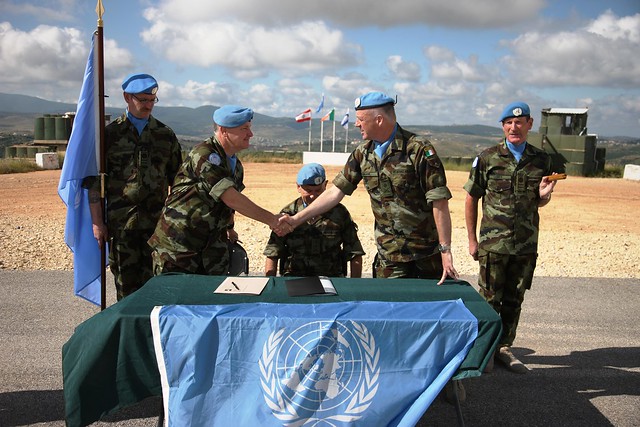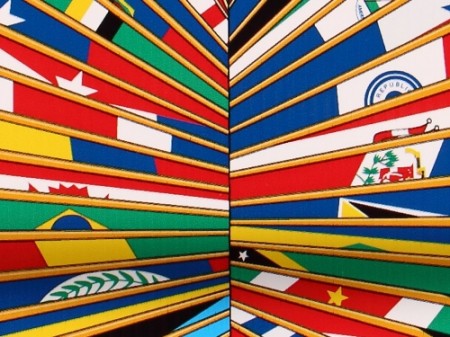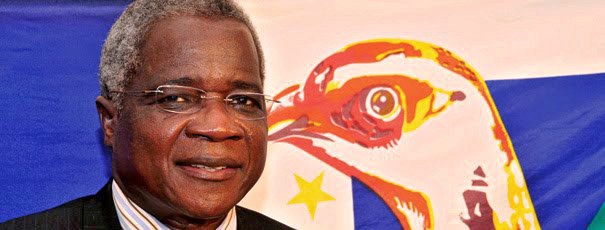
This article was originally published by openSecurity on 1 September 2014.
In the last decades, militarisation of the state and surveillance of the population have grown exponentially in many western countries. Police forces, civilian institutions and even urban spaces have followed this trend of securitisation. Images of heavily armed police forces clashing against protesters in the US, UK, France and many other countries are becoming increasingly common. Leaked official documents have detailed the extensive surveillance programmes several states use to spy on their denizens, under the auspice of “national security”.
While the “war on drugs” and the “war on terror” have often provided the pretext, those affected by militarisation and surveillance are mostly neither criminal kingpins nor “terrorists” but ordinary citizens. It has been political activists and groups, those who express dissent and protesters, as well it is true as small-time criminals, who have been on the receiving end of police SWAT team raids, extensive (often illegal) surveillance and assaults by heavily-armoured riot police.




